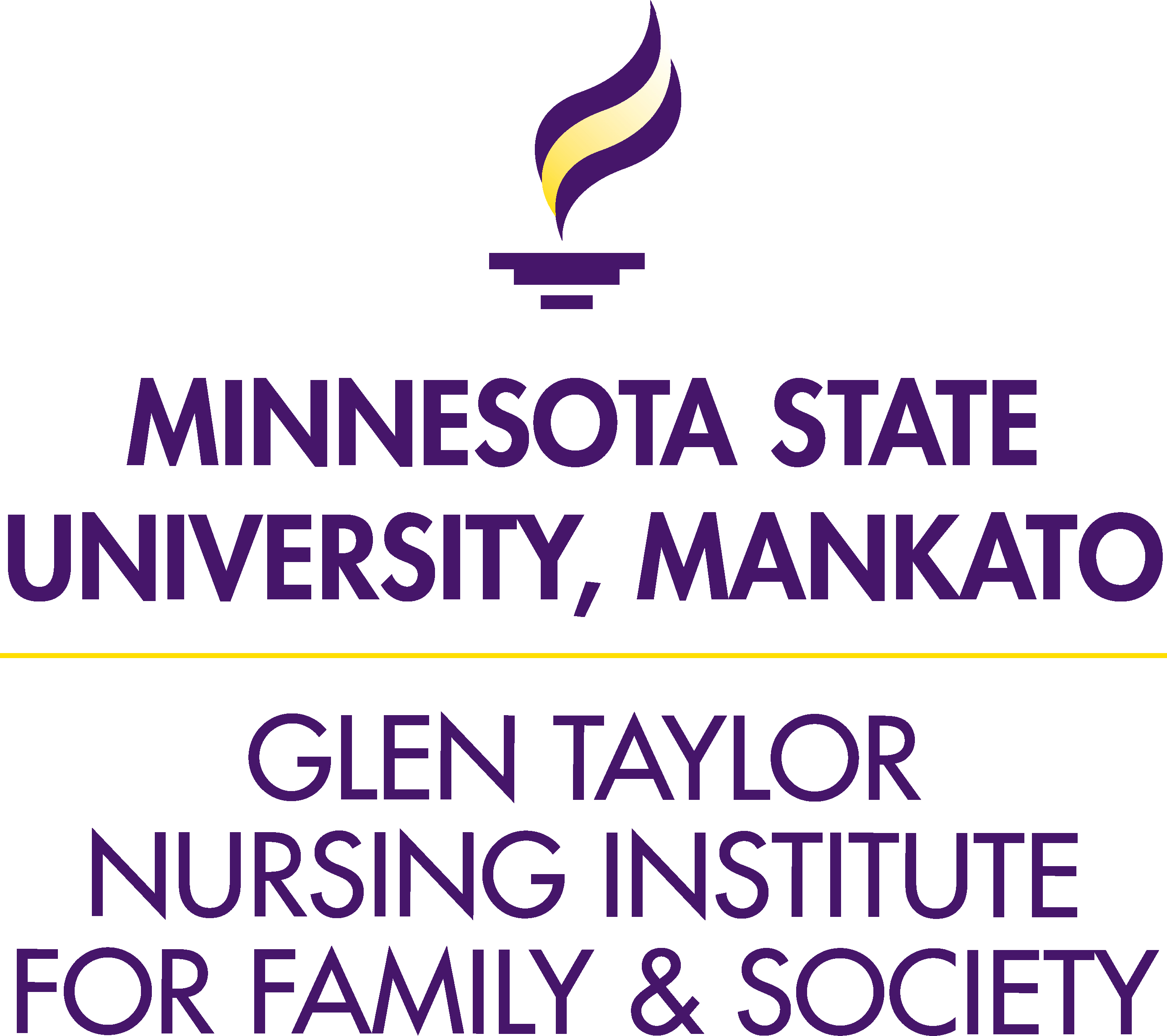The Conference Committee is pleased to promote the Expert Lectures that will be presented at the conference (IFNC15).
Expert lectures provide didactic content on a focused topic related to family nursing research, education, or practice.
Adapting Psychosocial Interventions using Participatory Methods: Lessons Learned for Family Nursing
Using a Family Perspective to Teach about Life with Genetic Conditions across the Life Course
Top Tips for Developing and Sustaining International Family Research Collaborations
COVID-19: An Urgent Call for Nurses to Understand, Practice, and Embrace Family Systems Nursing
Adapting Psychosocial Interventions using Participatory Methods: Lessons Learned for Family Nursing
Janet A. Deatrick, PhD, FAAN
University of Pennsylvania Philadelphia, PA
Nurses working with potentially vulnerable populations often find that they must adapt psychosocially based interventions targeting family processes because no interventions exist for the population at hand. Methods for adapting interventions, using participatory methods are reviewed and a case study is presented using internationally based standards of rigor that tracks the impact of participatory methods on the process and outcomes of adapting an efficacious intervention for a new population. Implications are presented for the clinician and researcher, and for as well as future family science policy.
Defining and Conceptualizing Family to Advance the Science of Family Research and Inform Family Nursing and Policy
Suzanne Feetham, PhD, RN, FAAN
Children’s National Hospital Washington DC USA
By grounding family research in a clear conceptualization and definition of family and examining contextual factors that influence family outcomes, family researchers can increase the likelihood that their work will both advance science and inform practice and policy. This expert lecture describes proven strategies for achieving alignment of the definitions and conceptualizations of family and overall study design thereby enhancing study quality and impact. Applying an upstream model to family research, innovative approaches to assuring programs of family research are designed to inform policy are presented.
Family Nurses Engagement in Policy Development, Policy Research and Policy Implementation Strengthening Family Health Outcomes and Enhancing Family Wellbeing Across the Lifespan
Dr Lindsay Smith PhD, RN, MACN, BHlthSci, MNS, GradCertUniL&T
School of Nursing, University of Tasmania, Tasmania, Australia
Policy emanating from government and healthcare influence Family Nursing practice, research and education. For example, the scope of Family Nursing practice is legislatively enhanced when Family Nursing research evidence is translated into policy. Without policy and guidelines translating Family Nursing evidence, the policy connection between research, education and practice can be incoherent. Building on the IFNA Blog Understanding the relationship between family nursing research and policy, methods that strengthen Family Nurses engagement in policy development promoting family health and Family Nursing practice are explained. How to translate research and clinical evidence to policy will be explored.
Valuing the Voices of Patients and Families Across the Life-Course in Family Research: Patient and Public Involvement and Engagement (PPIE) in the UK and Ireland
Dr. Veronica Swallow, Phd, MMEdSci, BSc(Hons) Nursing, RGN, RSCN
Sheffield Hallam University UK
Dr. Veronica Lambert, PhD
Dublin City University, Ireland
To ensure that healthcare research is relevant to the needs and preferences of patients and clients across the life-course and their families, research projects can be considerably strengthened by engaging patients and/or family members in their design, delivery and dissemination. Professors Swallow and Lambert will explore and discuss the value of patients’ voices in family nursing research using examples from the UK and Ireland. Drawing upon accounts by patients and members of the public of their experiences in health care, this lecture will introduce, explore and discuss the concept of PPIE, and its significance in family-nursing research
Using a Family Perspective to Teach about Life with Genetic Conditions across the Life Course
Marcia Van Riper, RN, PhD, FAAN
University of North Carolina at Chapel Hill, Chapel Hill, North Carolina, USA
Despite growing evidence that nurses can play a critical role in the integration of advances in genomics into clinical practice, many nurses lack the knowledge, skills and motivation needed to successfully integrate genomics into clinical practice. The purpose of this expert lecture is to discuss the benefits of using a family perspective to teach nursing students about genetic conditions that affect individuals and families across the life course. This lecture will include a discussion of innovative teaching strategies, such as the Genetics and Family Project, a project that can make genomics “come alive” for students.
Top Tips for Developing and Sustaining International Family Research Collaborations
Marcia Van Riper, PhD, RN, FAAN
University of North Carolina at Chapel Hill, Chapel Hill, North Carolina, USA
Our ability to promote optional family health and well-being across the life course is likely to be enhanced by our ability to develop and sustain successful international family research collaborations. The purpose of this expert lecture is to provide top tips for how to develop and sustain successful international family research collaborations. It will also include a discussion of challenges and opportunities associated with international family research collaborations. Specific examples from existing international family research collaborations involving individuals with Congenital Heart Disease and/or Down syndrome will be provided.
COVID-19: An Urgent Call for Nurses to Understand, Practice, and Embrace Family Systems Nursing
Lorraine M. Wright, RN, PhD
University of Calgary, Calgary, Alberta, Canada
Janice M. Bell, RN, PhD
University of Calgary, Calgary, Alberta, Canada
COVID-19 has disrupted many aspects of family health, especially togetherness and support during illness experiences and end of life. This global pandemic compels family nursing scholars and practitioners to acknowledge the systemic interaction between multiple systems that impact family functioning including racism and health care disparities. We call for knowledge and practice of skilled Family Systems Nursing interventions that address illness suffering, illness beliefs, and resiliency and conceptualize and address healing at multiple system levels (family; nurse-family; family/nurse/community). Specific ideas of how to practice Family Systems Nursing will be illustrated through an illness narrative of one family.
